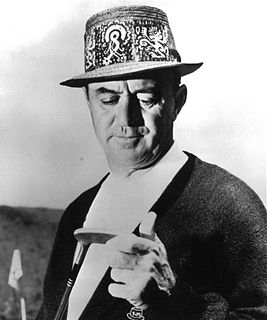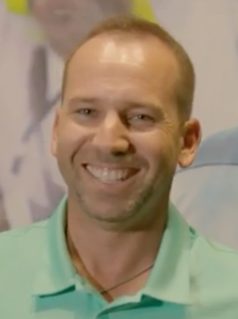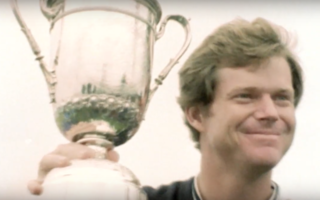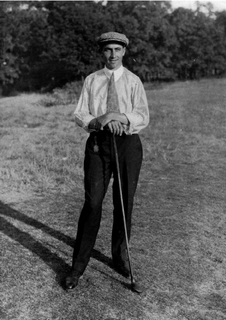A Quote by Xander Schauffele
I think getting your head in the right mental space is important, and maybe I do need to go back to my rookie vibes to where I'm very happy-go-lucky, nothing really matters.
Related Quotes
The very idea that you can pursue happiness, that you can deserve it, that you can demand it, that you have the right to be happy, is foolish. Nobody has the right to be happy. You can be happy, but there is nothing like a right about it. And if you think that it is your right you will go on missing, because you have started to look in the wrong direction from the very beginning.
There is a mental space that we consciously makes our way back to, and give honour to what has formed us in this mental homeland which we carry with us always. It is important not to try to annihilate it but to take your courage in your hands and go back, and then I think you can more easily make a new beginning. A lot of us would like to know how to do this.
For me space rock is something that takes you out of yourself and out of your normal realm. And if space happens to be that inner space or outer space it's a very personal thing. I think that mantra is space music. I think that Native American tribal drumming is space music. Anything that allows you to go inward to go outward and to move within a space that is not normal to your reality.
I wasn't frightened going to outer space. I'd been living this in my head for many, many years, so I sort of had played all of these scenarios of flying into space and seeing earth. I think I was very prepared for it. It was almost a completely joyful, very happy, very exciting experience, and I didn't have time or any desire to think about what things could go wrong.
No matter what's in your head, you go up into any hospital, up to a terminal ward and it'll smack you right back into reality that, "Hey man, whatever you're dealing with, if it's heavy on your heart and head, you're gonna have to let that go, because there, some people are dealing with unavoidable situations that they can't let go." And then they eventually let those go, so, I mean, that's helpful.
When we're doing the space walks, we're working very very hard. Every single minute is choreographed. But there's a few minutes here and there where ground is maybe talking about something, and you have to put your tools down and wait. Just getting a chance to look through your visor and see the planet go by was incredible.
Wake up, dream, have the ambition to do the things you have always dreamed of, go farther than any man has ever been before, go as far as it is possible for any man to go, what have you got to lose? Nothing can stop the man with the right mental attitude from achieving his goal; nothing on earth can help the man with the wrong mental attitude.
I'm happy that I have my family, and I'm happy that I had Virginia, where I grew up, to retreat to any time I felt overwhelmed. Whenever there were times when I felt like the rug was being pulled out from under me and I was floating in this crazy space, I would stop and go back to that neighborhood and realize nothing's changed, really.
People have asked if I would go back to my 20s, and I'm like, "Only if I could hold onto the wisdom and the things that I've learned." But in reality, I don't think I'd want to even go back then. I'm so happy with where I'm at. My life is very content. Everything feels really good. I wouldn't want to change any of that. I'm happy for all the ups and the downs, and everything that has led me to where I am. I wouldn't want to lose any of that.
When you are an historian, there's probably nothing that matters more than to be recognized by your colleagues in your own profession. I was lucky enough to win the Pulitzer Prize for History. I had to give a talk right after that to some young people. The most important thing to tell them, I think, is that you can't ever know that it's going to turn out that way.
One of the issues I think is very important, in many communities of color, there's a stigma about mental health. We find that the shaming that comes from acknowledging that one may have some issues that may relate to mental health, often people are not willing to go and seek additional help because of that shaming or that cultural stigma that's associated with it. And I think that we need to make this change in how people approach mental health.




































